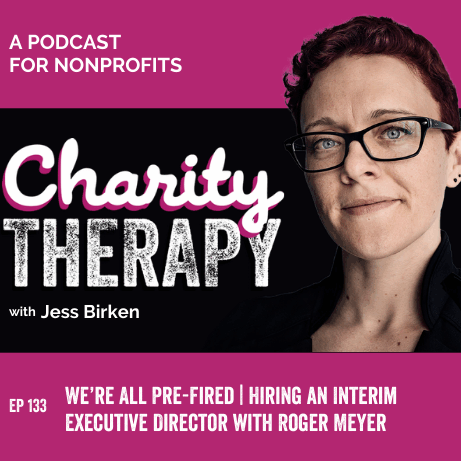If I had a nickel for every time a new client meeting started with “Okay, so we want to start a 501(c)(3),” I know where I’d be right now. ????️
Cue early retirement. Or maybe not – nickels don’t go as far anymore, do they?
Anyway, the point is that right now, “501(c)(3)” tax status is synonymous with nonprofit. But nonprofits are so much more! For instance, did you know that the IRS recognizes 29 types of 501(c) status nonprofits?!
That’s a LOT.
So what kind of nonprofit should your big idea be? The answer might surprise you!
The ABCs of 501(c)s!
Let’s start by defining a 501(c)(3) nonprofit. When you hear about a c3, most people are referring to a public charity that can accept tax-deductible donations.
You probably knew that, right? What you may not know is that not every nonprofit can or should be a c3. Don’t assume that starting a nonprofit automatically means applying for 501(c)(3) status- depending on what you do and who you serve, it might not be the right fit.
So how can you tell?
Let’s take a close look at some of the possibilities.
You’re probably a 501(c)(3) if you’re starting a run of the mill charity, like a:
- Food shelf
- Pet rescue
- After School program
- Research organization
To be considered a charitable organization, the organization has to have one of these broad purposes: charitable, religious, educational, scientific, literary, testing for public safety, fostering national or international amateur sports competition, and preventing cruelty to children or animals.
Organizations meeting specific requirements may qualify for exemption under categories other than 501(c)(3). These are groups like business associations, civic leagues, labor organizations, social clubs, and social welfare organizations. For example:
- If you run a volunteer fire company, homeowners association, or any nonprofit organized to serve ‘social welfare’ purposes, you’re likely a 501(c)(4).
- Social and recreational clubs (like a sorority or fraternity) are usually in the 501(c)(7) category.
- If you start a group dedicated to ornamental plants, chances are that you’re a 501(c)(5).
Some categories are super niche, like 501(c)(13) (cemetery companies) and 501(c)(21) Black Lung Benefit Trusts). Others are broad enough to cover different purposes, and you might need a lawyer to help you figure out where you fit in!
Okay, So What’s the Differences Between the501(c)s?
I’ll start by telling you what they have in common. All the 501(c) types are for nonprofit organizations who are exempt from paying income tax. That’s where that “tax exempt” comes from.
But that’s not all!!!
When lots of people think of a nonprofit, they also assume all donations are deductible for the donor’s taxes. But that is not true of all (or even most!) of the different 501(c) categories.
A 501(c)(3) public charity can assure donors that they can deduct any contributions on their tax returns. Others, not necessarily.
For example, let’s say you’re running a trade association, which is tax-exempt under 501(c)(6). Anyone who donates cannot actually claim the money as a tax-deductible charitable contribution. BUT they might be able to deduct it as a business expense if these donations are an important part of doing business for them.
I have a lot of opinions about whether tax deductibility actually matters (hint – probably less than you think), but either way – it’s SO important to know what each tax status actually gives you.
It’s super-frustrating to get started only to find out you’re on the wrong path. Save time by checking out the different types of charities on the IRS website or contacting a lawyer who could talk nonprofits all day!
Whatever You Are, Know the Rules!
Are you thinking about starting a social club or other organization that calls for a different 501(c) status? You’re REALLY going to want to know the rules. There is no way the IRS will say, “Okay, you don’t need to pay us our share of taxes” without a reason.
For example, if you run a social club with 501(c)(7) status, there are strict rules for where you get your money from. If you get too much money from places other than the actual members of your club, you can get in trouble and lose your tax-exempt status (yikes!).
Don’t jump into a tax exemption application without doing your research first. Better yet, meet with an expert who can get you on the right path and help you stay there!
Ready to Talk 501(c) When You Are!
When you’re starting a nonprofit, you want to get the right 501(c) status out of the gate. Makes the IRS happy and your future donors happy – which will make you happy too, trust me on that!
Need help getting started? Get it by talking to a nonprofit lawyer who’d love to see you succeed!
I’m Jess Birken, and I started Birken Law to help people like you turn their nonprofit ideas from vision to reality. There are a lot of 501(c)s out there, and when we match your idea with the right tax status, you’re in an awesome position to succeed. If you’d like to connect, call 612.200.3679 or hit me up here. Can’t wait to meet and chat!

Recent Podcast Episodes
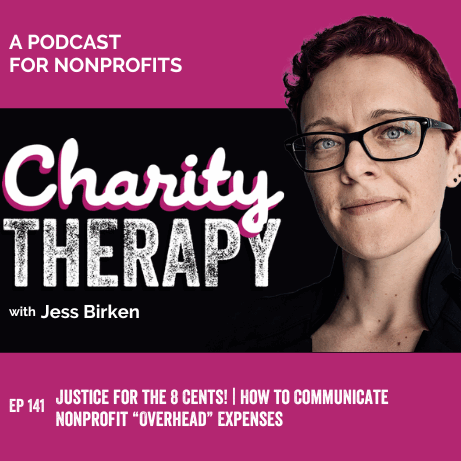
141: Justice for the 8 Cents! | How to Communicate Nonprofit “Overhead” Expenses
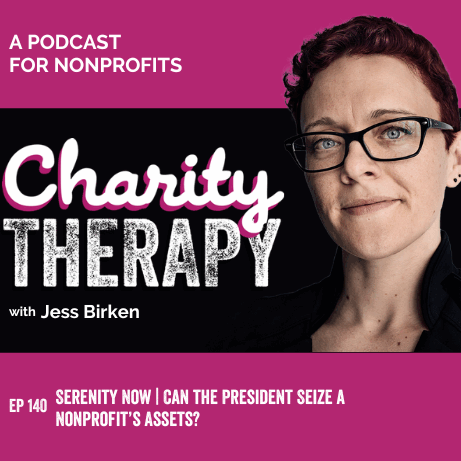
140: Serenity Now | Can the President Seize a Nonprofit’s Assets?
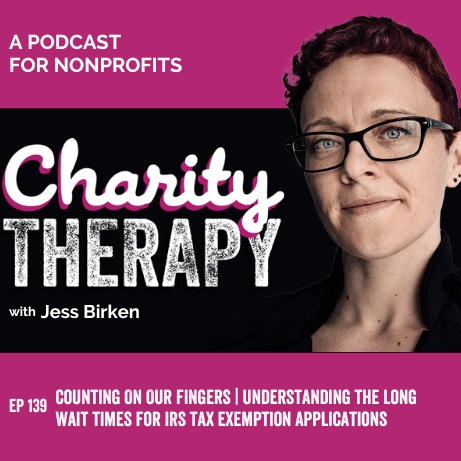
139: Counting On Our Fingers | Understanding The Long Wait Times for IRS Tax Exemption Applications
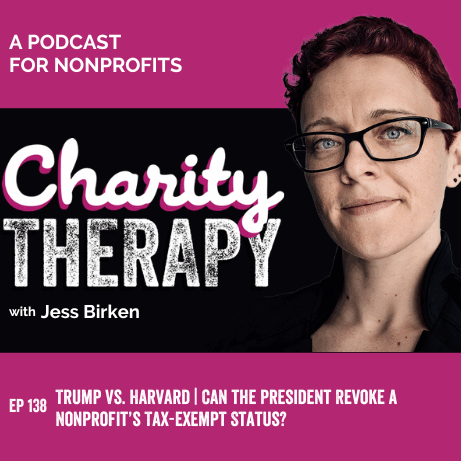
138: Trump Vs. Harvard | Can the President Revoke a Nonprofit’s Tax-Exempt Status?
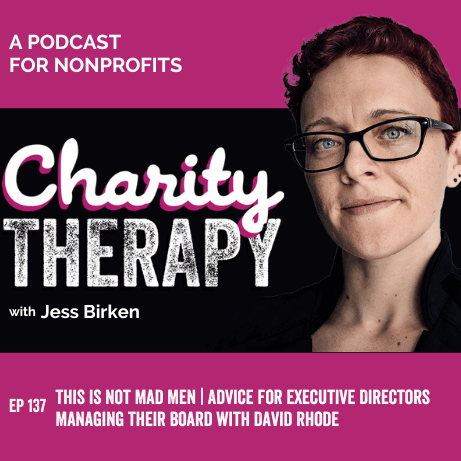
137: This Is Not Mad Men | Advice for Executive Directors Managing Their Board with David Rhode
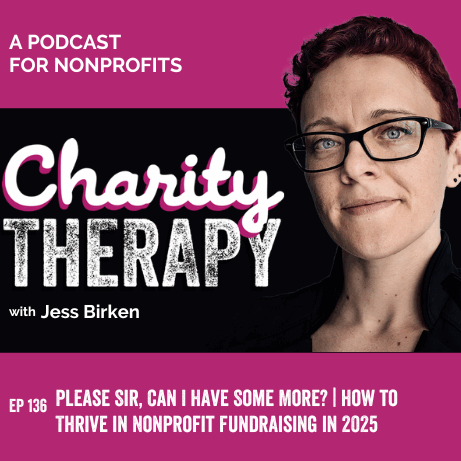
136: Please Sir, Can I Have Some More? | How to Thrive in Nonprofit Fundraising in 2025
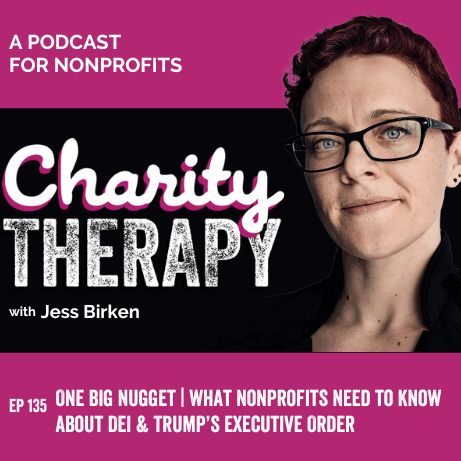
135: One Big Nugget | What Nonprofits Need to Know About DEI & Trump’s Executive Order
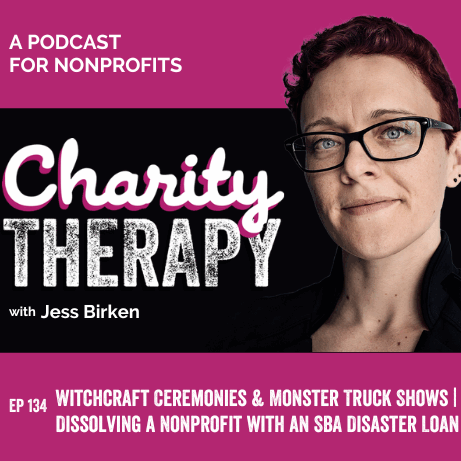
134: Witchcraft Ceremonies & Monster Truck Shows | Dissolving a Nonprofit with an SBA Disaster Loan
